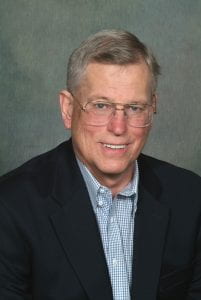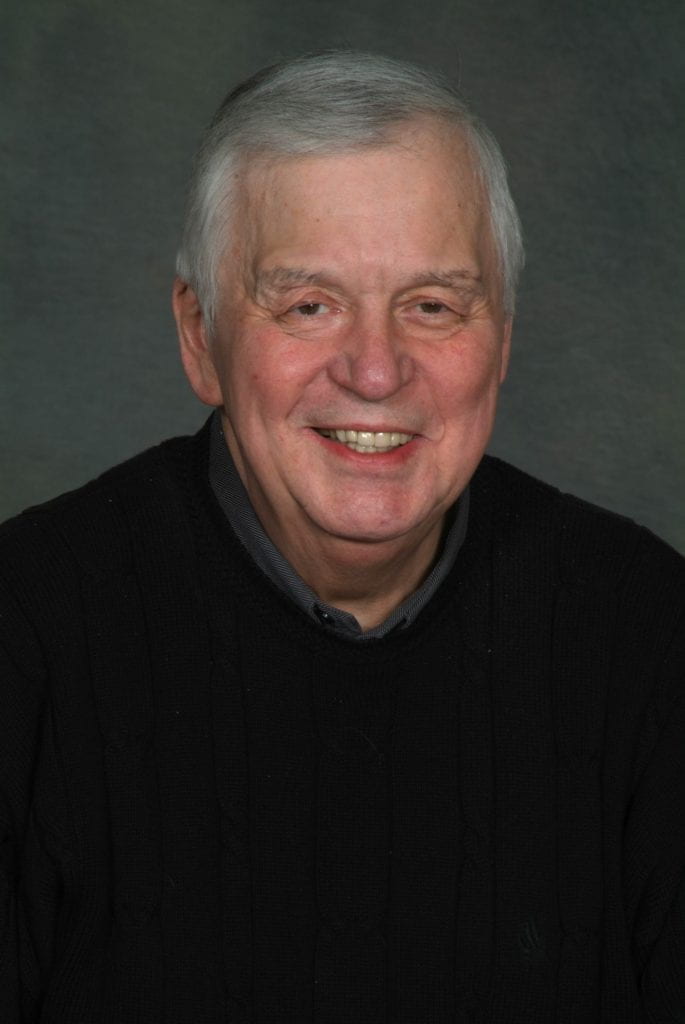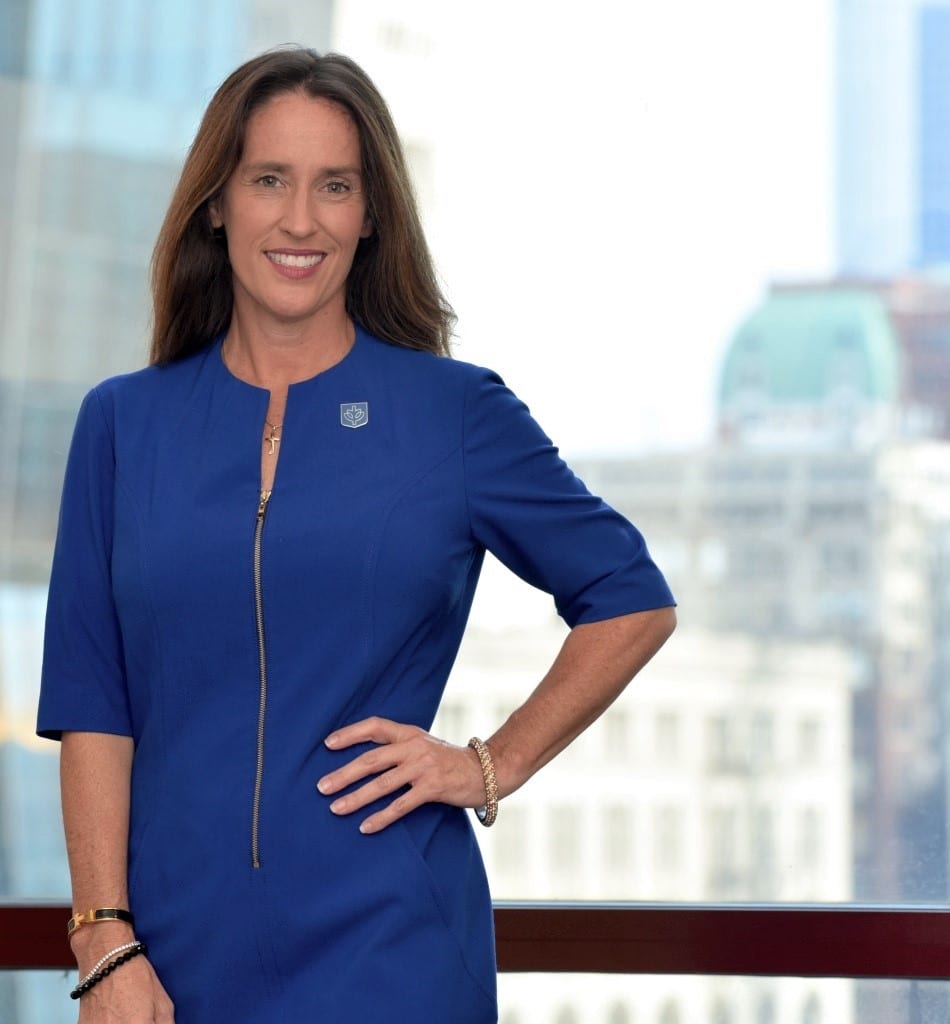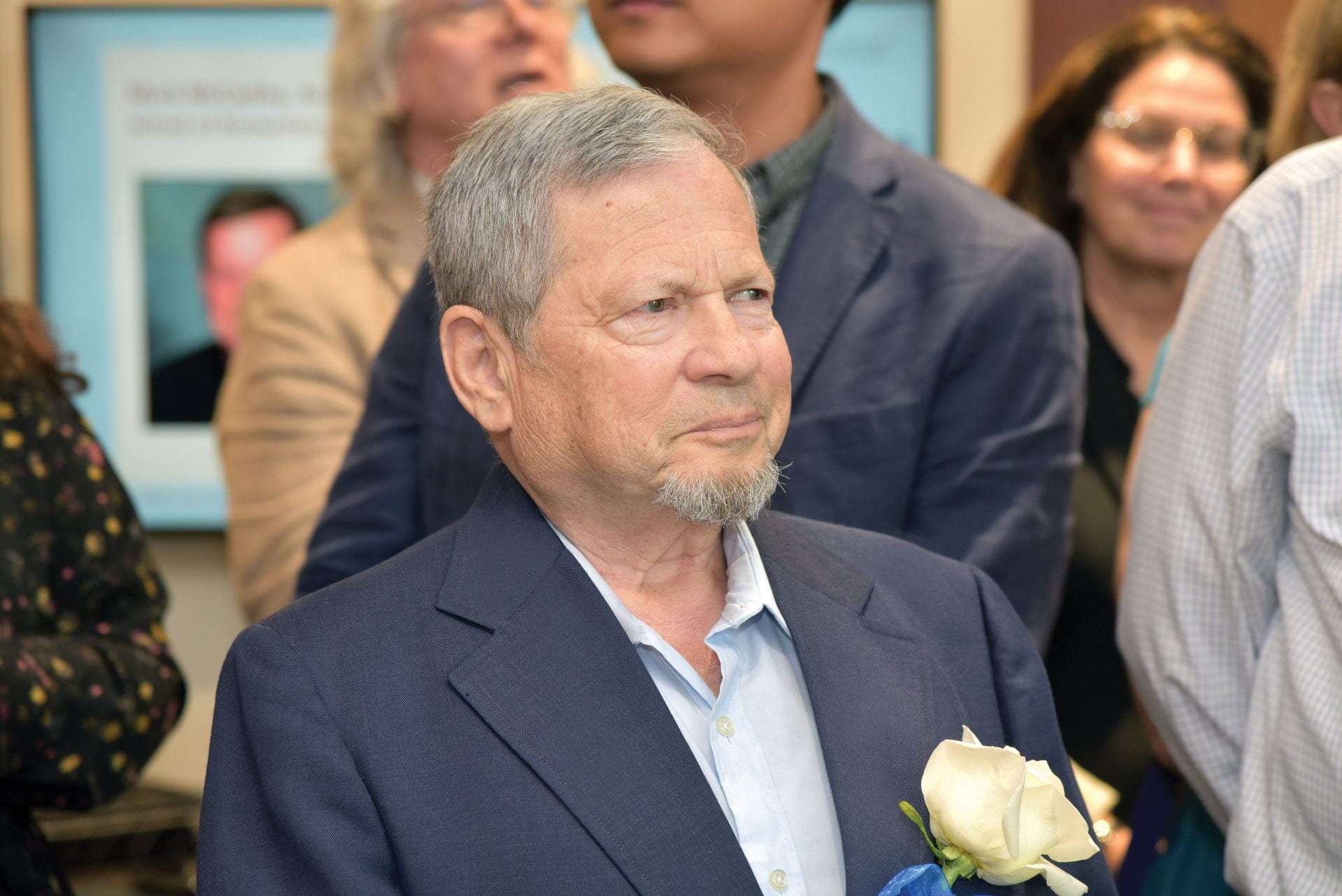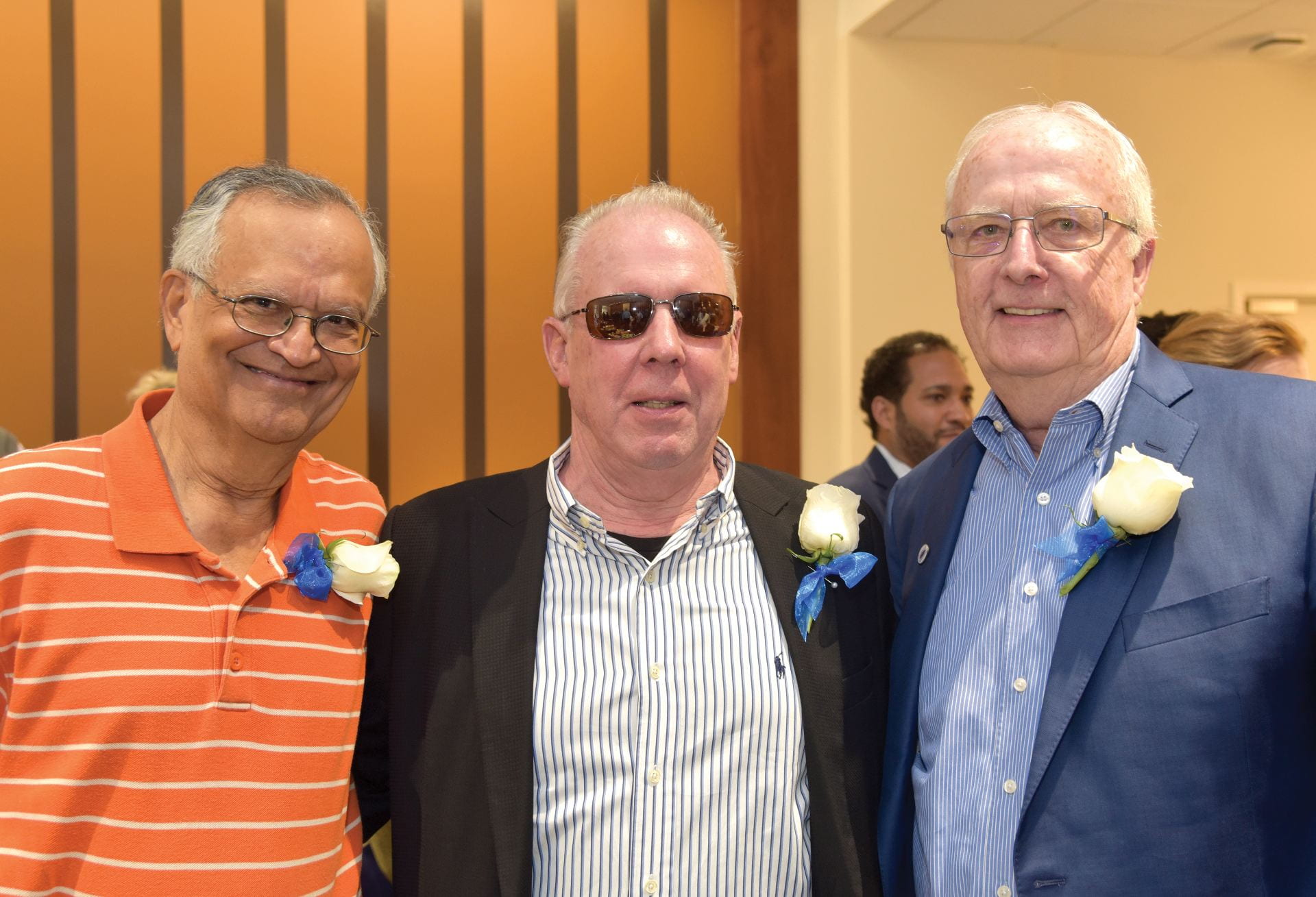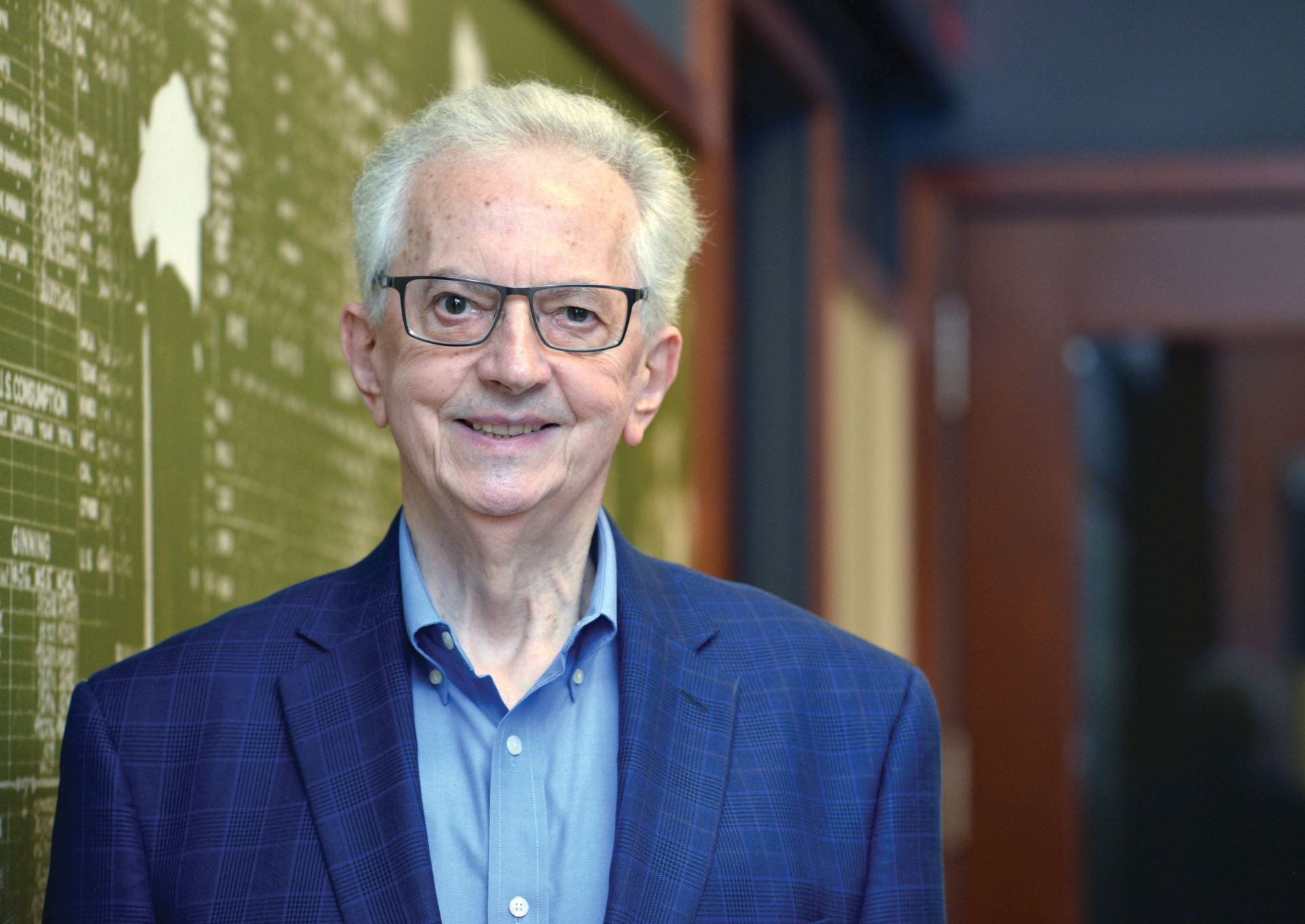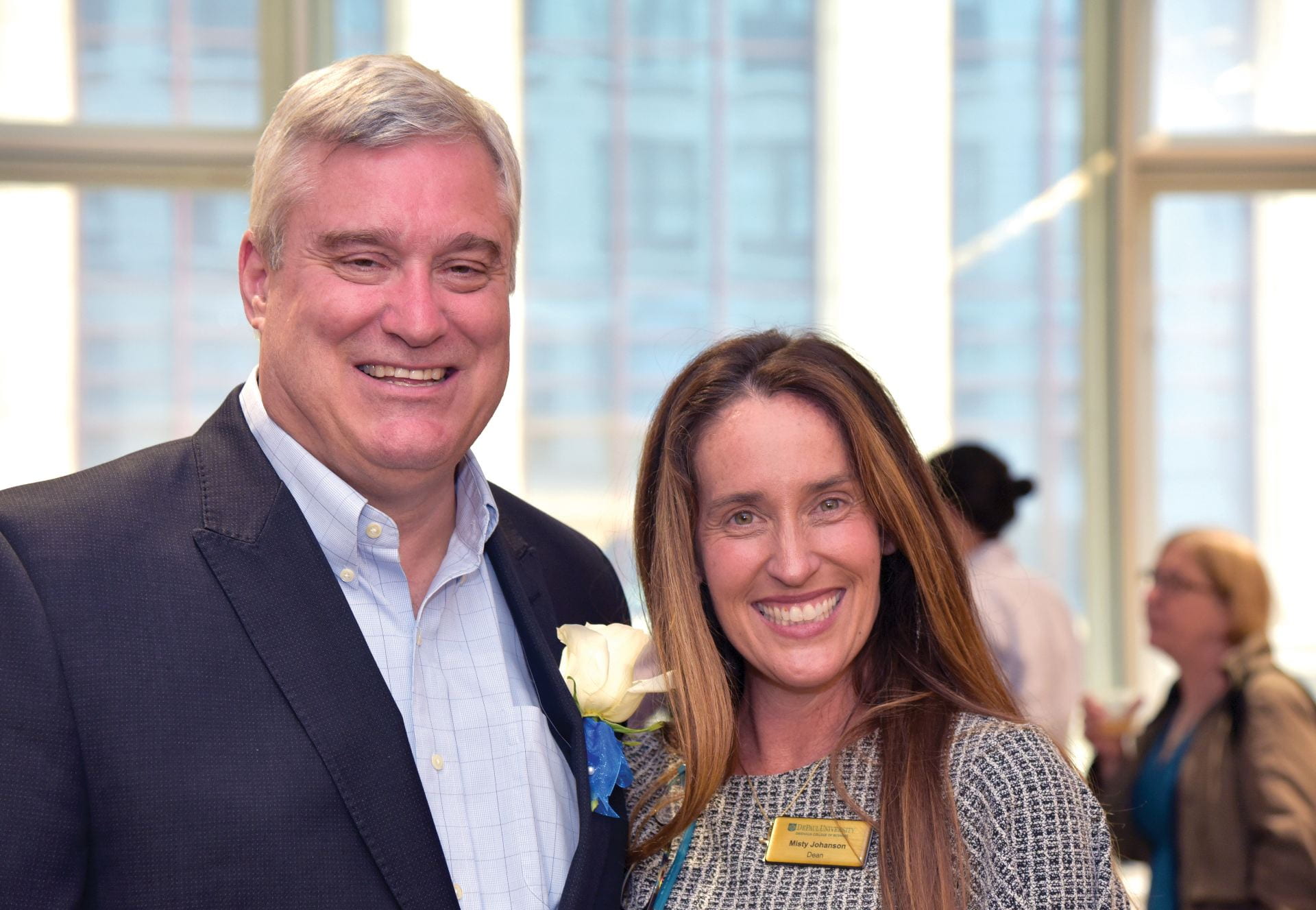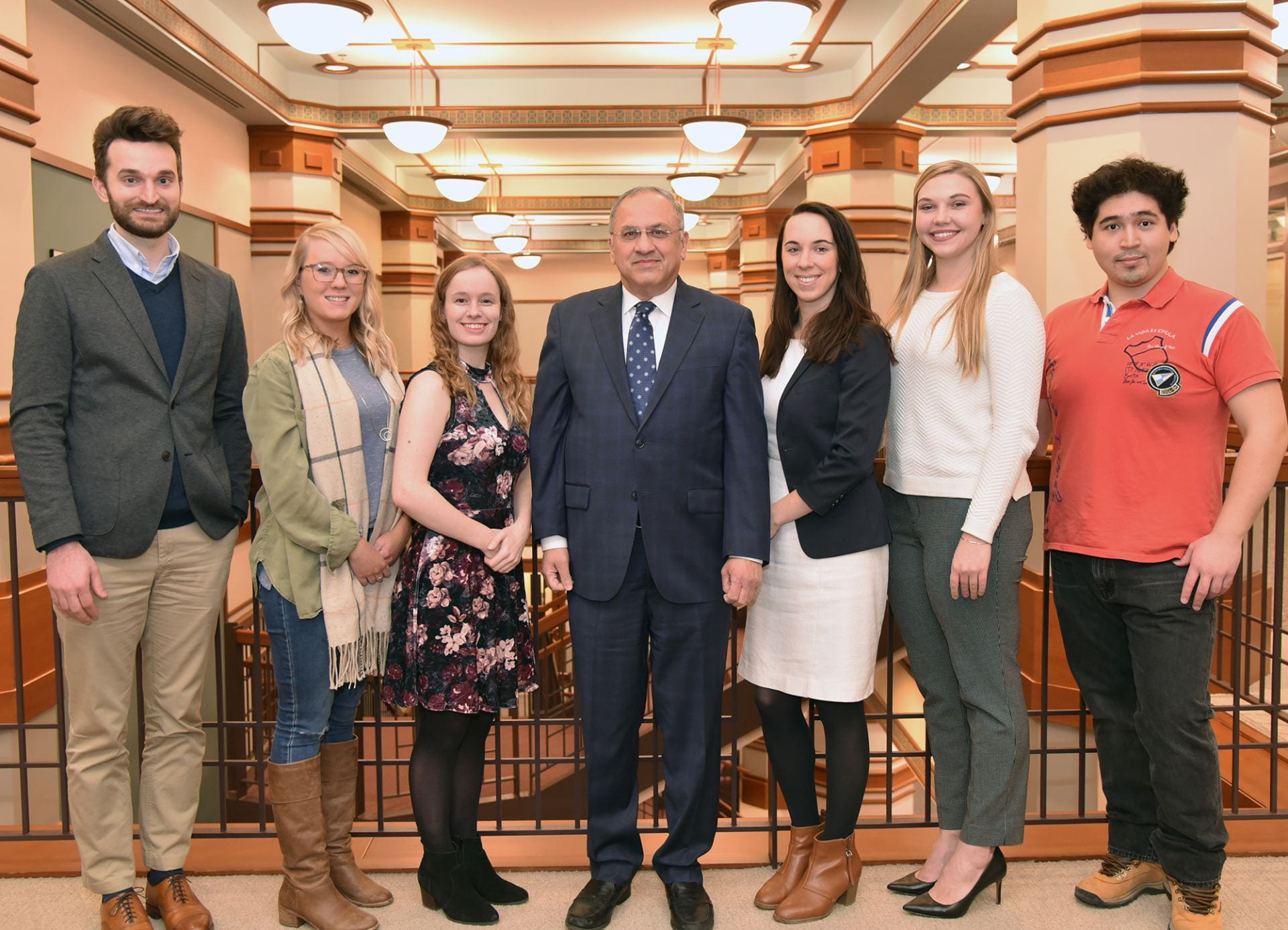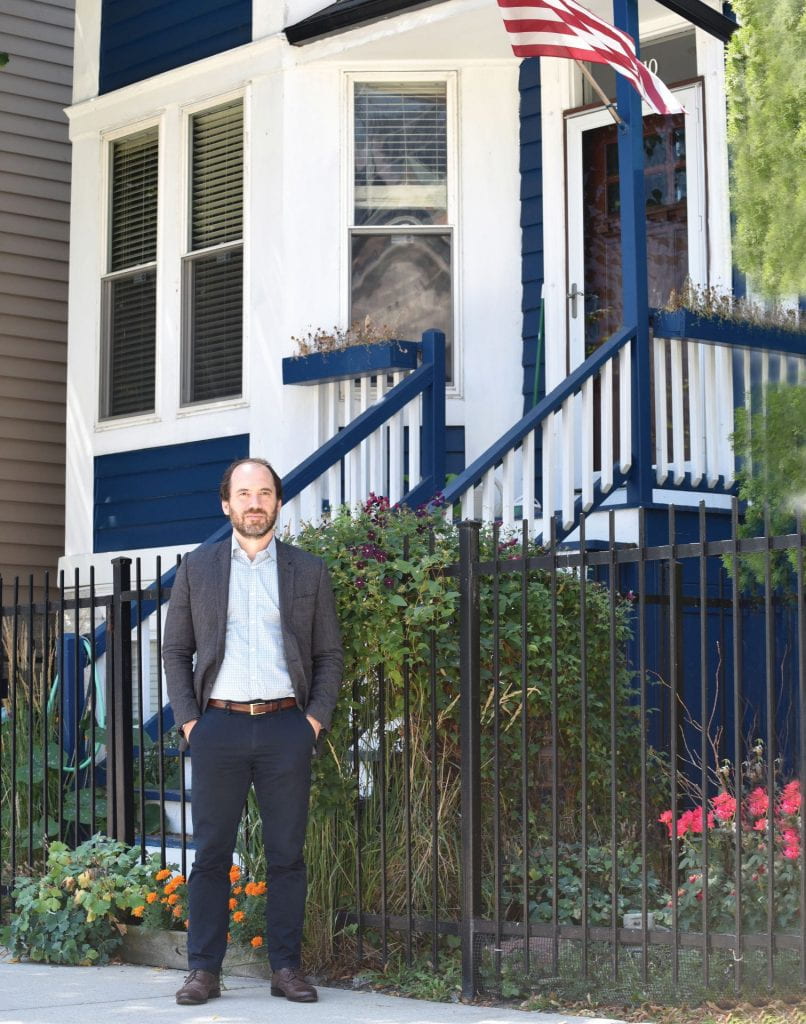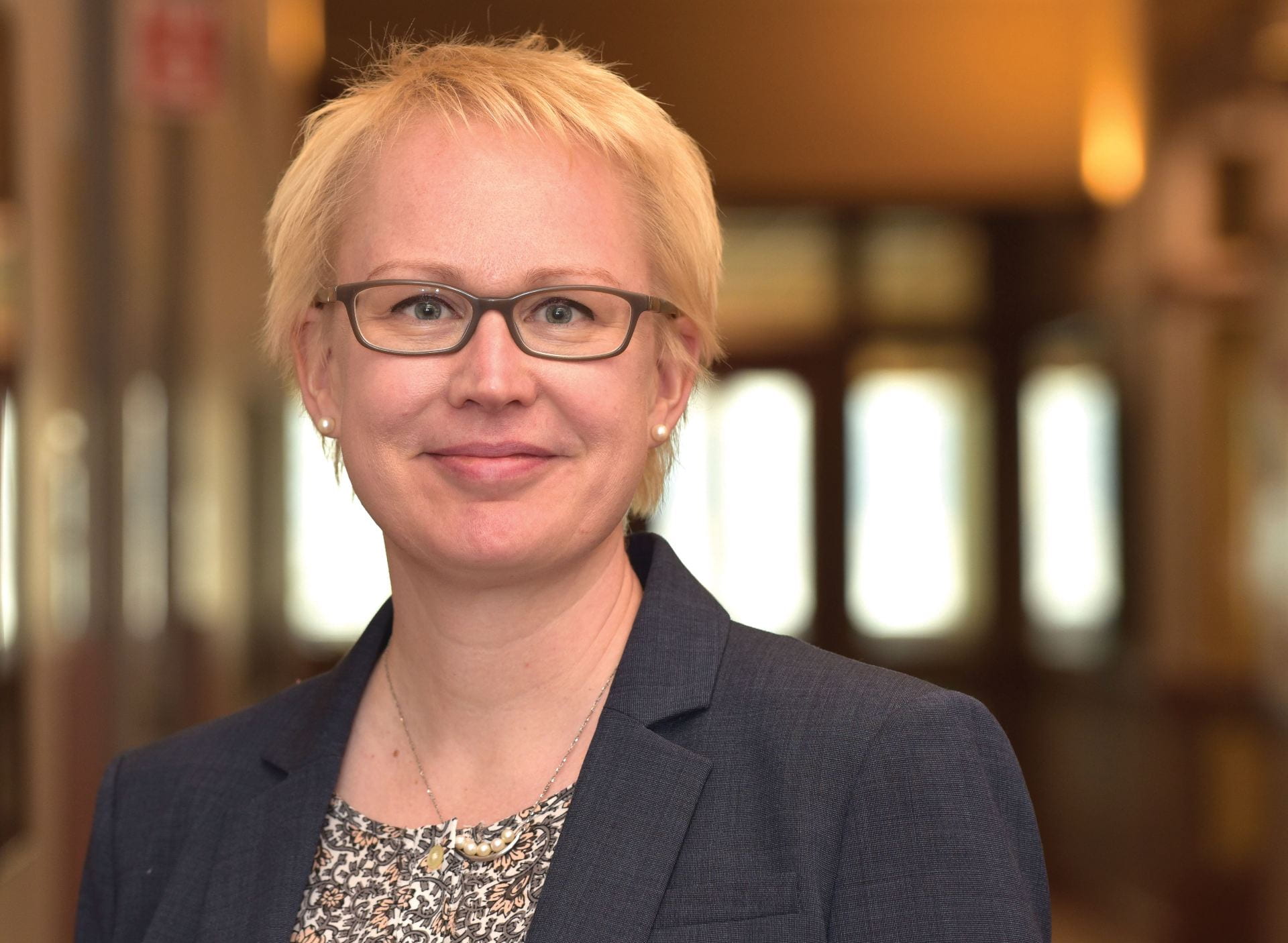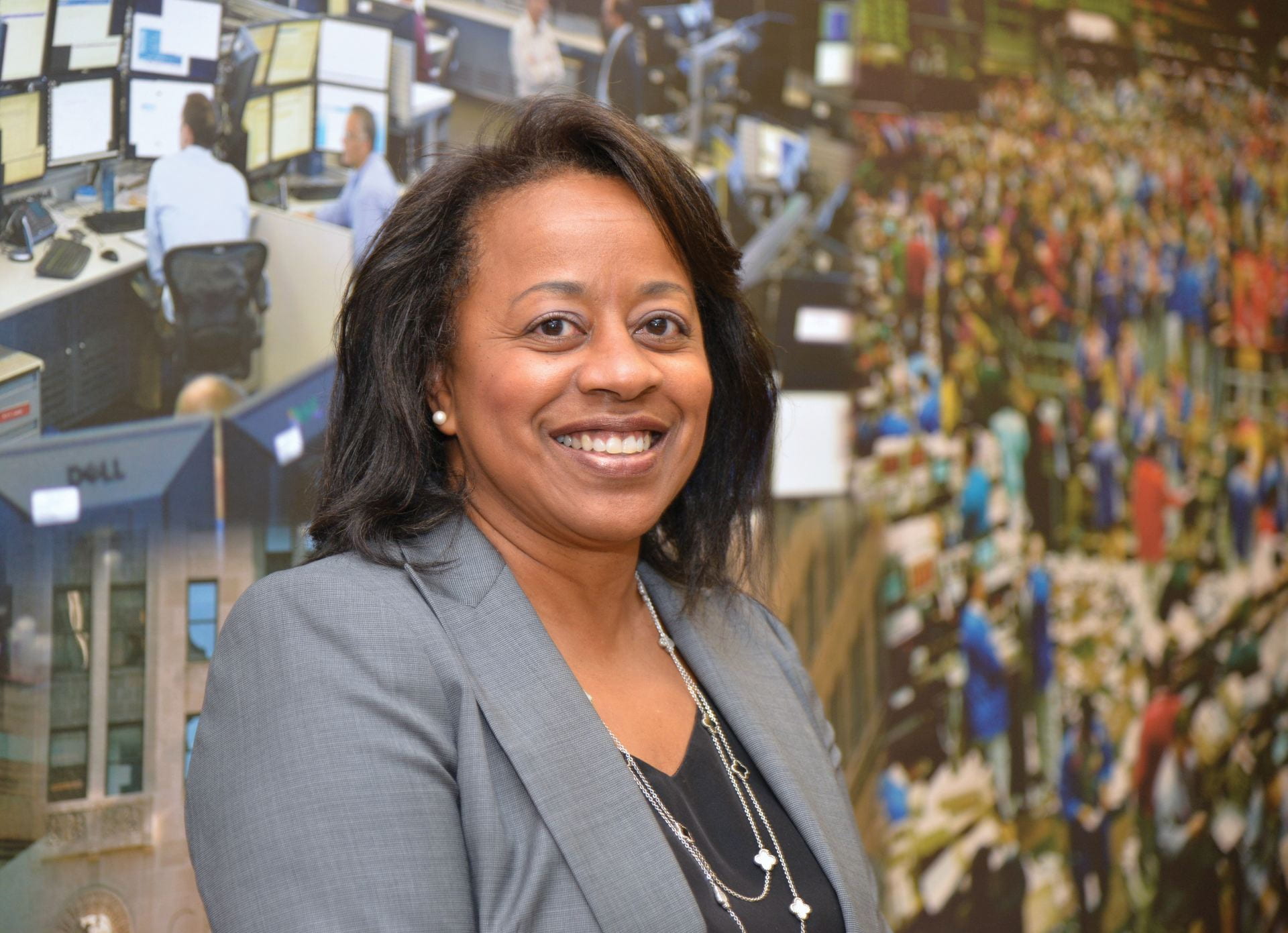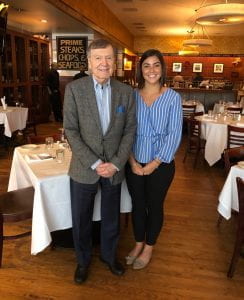
Donald Ephaim (BUS ’52) established the Donald M. Ephraim Family Endowed Excellence Awards to provide monetary prizes that encourage DePaul business students to achieve. “The awardees with whom I’ve spoken are terrific students who really apply themselves and have great futures,” he says.
Those awardees include Catherine Conrad (BUS ’19), who received assistance from the fund while studying accountancy and management information systems at DePaul. Today she is a tax consultant with Deloitte, a full-time position she landed after graduation and an internship with the “Big Four” firm. In this Q&A she shares more about how DePaul and the Ephraim award helped place her on the path to success.
Where did you grow up and what made you decide to study accounting and taxation?
I grew up in the Northwest Suburbs (of Chicago) and initially decided to major in accounting without knowing much about it. I had never taken any accounting classes in high school, but math had always been my favorite subject and I always figured I’d end up doing something in business. When I got accepted into the Strobel (DePaul’s accountancy honors) program, accounting seemed like the obvious choice and I was lucky that it ended up being something that I enjoyed studying.
What are you doing now?
I’m currently finishing up my first busy season as a tax consultant at Deloitte, focusing mainly on partnership taxation.
How did the Donald M. Ephraim Family Endowed Excellence Award help you pursue your college and career dreams?
Besides lessening some of the financial burden that I would be taking on as I graduated college, it always feels good to be recognized for all the hours and hard work that you put into something. Receiving this recognition motivated me to continue to work hard because it showed me that eventually that work will be rewarded. That is an attitude that I have carried with me into my career.
When you had the opportunity to meet Donald Ephraim, what did you tell him?
It was really cool to meet Don because he was someone who had been in my exact place before. It was really interesting to talk with him about how the accounting program at DePaul has evolved over the years and how the accounting industry has changed. I also found it very interesting to hear about his own path because, even though he started out with an accounting degree, he went back to get his law degree and now has his own law firm where he does work that really does not relate to accounting at all. It really made me think about what other opportunities I may want to pursue in my future.
What do you remember most about your DePaul education?
For me, it was really the professors that I had that shaped my time at DePaul. When I chose my major I was unsure and really didn’t know what to expect, but it was the professors I had that made me excited to continue to pursue that degree. I eventually chose to go into tax because I had a professor that made tax interesting and fun to learn about.
By Robin Florzak
